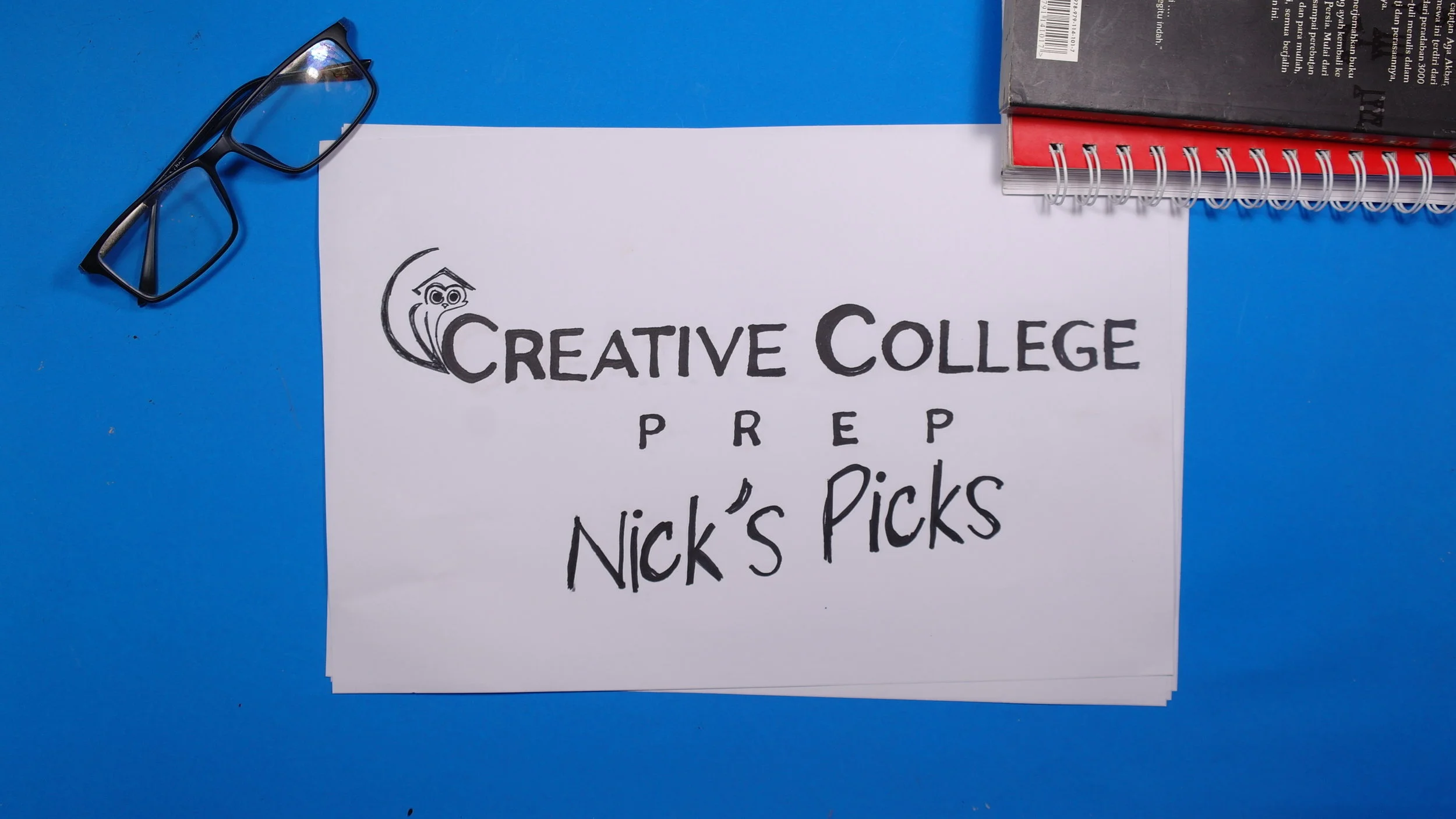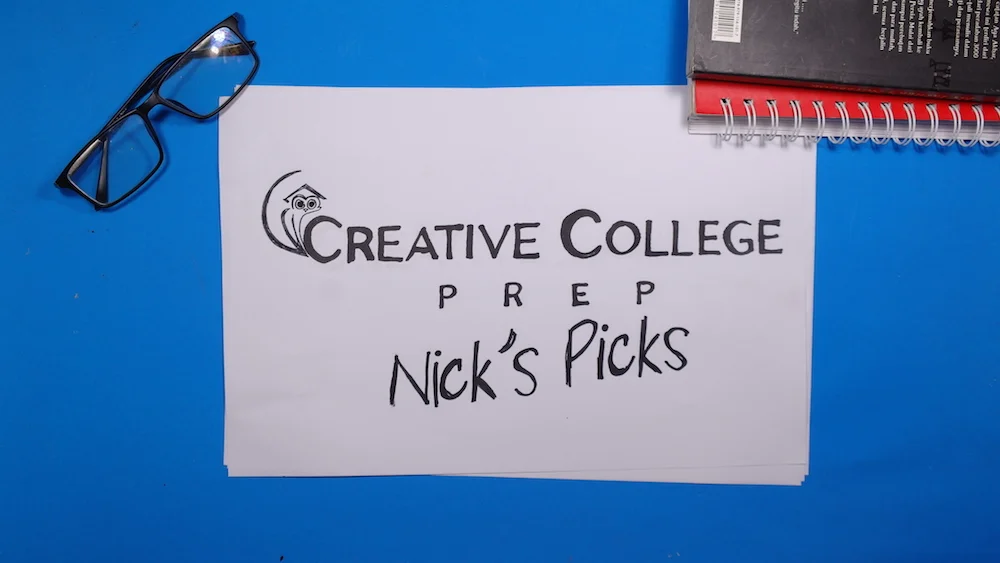One thing I love about working with teenagers is that they're still malleable, still open to positive change, still looking for meaning and to make a difference in the world for the better.
My experience is that that desire still lives in them, no matter how they've otherwise been conditioned. That's because there is still plenty of innocence in teenagers, no matter what they've done or witnessed, because there is inevitably so much that they have not yet done or witnessed.
And yet, they're old enough to take a substantial degree of responsibility for their impact on the world and the people around them, and, in facing the end of the high school years, they are at the perfect crossroads to begin taking on the question: what do they want that impact to be in the long term?
What the admissions scandal reveals is the extent to which parents often sacrifice their child’s agency, most times ripping it away out of fear or anxiety, whether or not they or their kids are aware of it.
It’s certainly important to recognize the good in parents’ intentions, that the actions they take are in the name of securing a promising future for their kids—at least, what the parents perceive as the most direct path to success.
But here is where the waters get muddy: it's that demand for “a clear and unambiguous path to success” that many parents, peers, and even mentors have instilled in teenagers, coupled with the effort to assert control over the unpredictable circumstances that life throws at us, that sets the whole tone for the conversation that we're having about the state of admissions and this scandal today.
Everyone can relate to that desire for security, and perhaps also to the problem inherent in it: there is no direct, unambiguous path to success, because there is no such thing as security in the permanent sense. There will always be uncertainty. Life will play its hand.
All we can ever do is prepare to play the cards in our own hands as well as we can in light of what's falling on the table.
There's a big problem, whether the ace in their sleeve is deemed legal or not, when parents swoop in to take their kid's turn. It not only signals a deflating lack of confidence in their son or daughter, but it distorts that young person’s own sense of their abilities.
Without a context of both successes and setbacks, a person cannot know what they're capable of. If they never learn what they genuinely can or cannot accomplish, they'll struggle to find meaning in their pursuits. Without a sense of meaning, one lacks purpose. Without purpose, we drift at best and, at worst, we collapse into tragic self-loathing.
Transitioning to college should be a time for excitement, for discovery, for anticipation of the possibilities brimming in a yet-unknown future. As with all things unknown, there will be fears and insecurities that naturally float to the surface. This is the time to meet those fears with a curious mind, acknowledge them, learn where they come from, question what they're about, and treat them as a true test of one's integrity and courage.
Transitioning out of high school into the first stage of adult life should be a time for reflection: what have I been doing and why? What inspires me, compels me to action, gives me a sense of forward momentum in my daily life? What do I value? How will my future environments reflect what I'm all about? What do I need to grow? What do I hope to experience to build a more complete vision of my future, and what will help me to lead a richer, more fulfilled life? What role will my continuing education—both formal and informal—play?
Which brings me to the pride that I take in the work I do as an ethical and professionally affiliated college consultant.
Our central objective is to empower the students we work with. We provide resources, most often in the form of accurate and timely information, to apprise students of their options, and we assist them in making informed choices in order to realize the transformational potential of the transition to college.
We soundboard as students begin to articulate their goals for and pose questions about college and their future life. We hold up the mirror as they learn to describe what they value and how they uniquely benefit the communities they become part of. We challenge them to become sharper advocates for themselves, to discern, attain, and ultimately make the most of the opportunities that the college experience offers in order to maximize their potential as students, peers, and citizens.
We create a safe space, where vulnerability is not just welcomed but essential, so that students can share their dreams, anxieties, and questions without a fear of judgment. We demonstrate—often by modeling it ourselves—how potent authenticity can be when rallying others to our cause.
We encourage calculated risk-taking and illuminate how to diversify options. We provide perspective and re-balance egos in the face of rejection; we celebrate our students’ hard work when it brings good news.
We cultivate resilience in the young people we work with—because that, above any particular college’s pedigree, is what will sustain them on the long and circuitous path to fulfillment.
We work within a deeply flawed system, to be sure, from the socioeconomic inequalities to the dramatic advantages bestowed on athletes and legacies. Some might argue that independent college consultants are a direct result of the system, whether it’s due to the demand for a leg up on the competition or the discouraging student-to-counselor ratios in most of our country’s high schools.
It’s a system that most of us would agree needs to change based on our collective values that will take everyone involved.
In the meantime, though, we can educate families as to the realities of the system while injecting the admissions process with our own values—helping our students become more effective self-advocates, more connected and caring citizens, and more capable stewards of their own destiny.


































